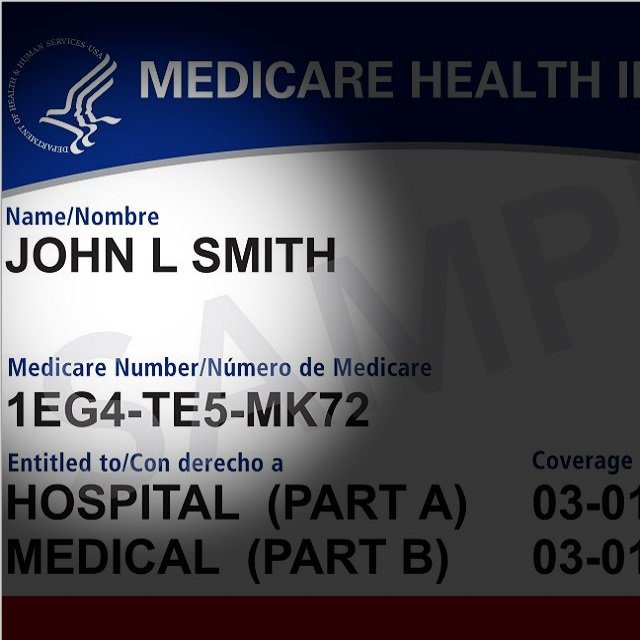How The Inflation Reduction Act Affects Medicare Patients: A Medicare Customer Question

What You Need to Know
The Inflation Reduction Act eliminates Medicare copayments for many vaccines.
By 2025, the act is supposed to cap out-of-pocket prescription drug costs at $2,000.
The act will hold Medicare Part D prescription drug premiums to 6% or less per year from 2024 through 2029.
Passed in August 2022, the Inflation Reduction Act will lower health care costs for millions of American citizens and provide additional benefits to Medicare recipients.
With this legislation, the White House recognized the impact that the rising cost of living has had on individuals and provided solutions for millions of Americans at a time when they need relief.
In addition to addressing soaring consumer costs of health care, this act also restructures how Medicare negotiates subsets of Part D and Part B prescription drugs — so it’s important that your client understands how the Inflation Reduction Act will specifically affect their Medicare benefits.
Medicare recipients will feel the impact of the changes implemented in this act immediately.
This act directly addresses the needs of Medicare beneficiaries by negotiating soaring pharmaceutical costs, capping out-of-pocket expenses, and providing affordable access to life-saving insulin and free vaccines.
The Question:
How does the Inflation Reduction Act affect Medicare coverage?
The Answer:
For the last 19 years, Medicare has been blocked from negotiating prescription drug costs.
Now, with the Inflation Reduction Act, Medicare is back at the center of the negotiation and better empowered to advocate for patients.
With this provision, an estimated 5 million to 7 million Medicare beneficiaries could see their drug costs go down, according to a White House statement.
The Inflation Reduction Act also expands Medicare benefits, including offering free vaccines and a $35-per-month cap on insulin — a necessary and life-saving drug for millions of Americans — beginning in 2023.
Medicare beneficiaries will no longer have to pay a co-payment for any vaccine recommended by the Advisory Committee on Immunization Practices, and co-pays for 30-day insulin supplies will be capped even before deductible payments are made.




